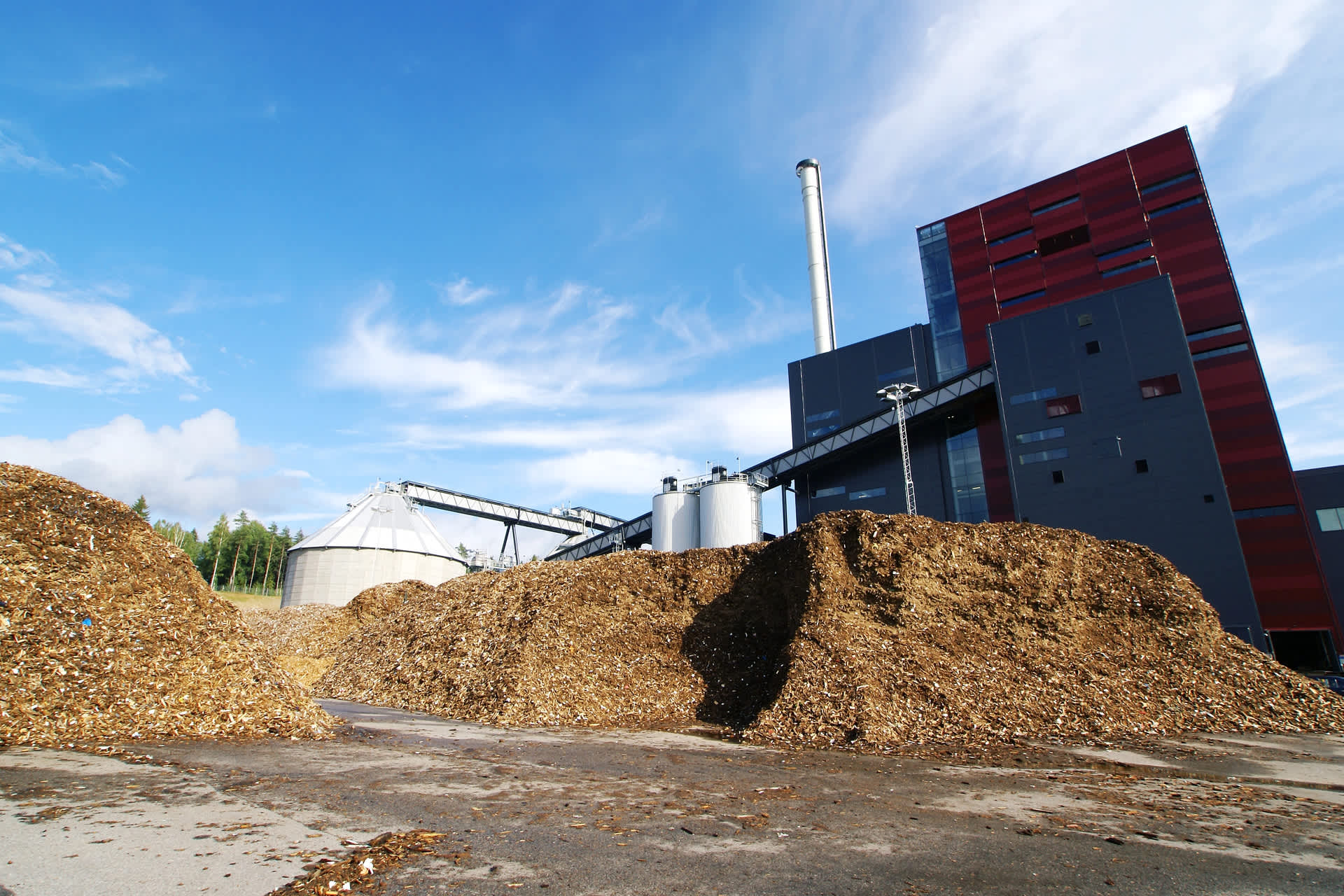Innovative Biomass-to-Chemicals Platform Generates Clean Hydrogen Fuel
Key Ideas
- Scientists have developed an electrochemical platform that efficiently converts biomass into valuable chemicals and generates hydrogen fuel without the use of electrolytes or ion-exchange membranes.
- The new system achieved a high yield of 2,5-furandicarboxylic acid (FDCA) from 5-hydroxymethylfurfural (HMF) and maintained high electron transfer and voltage efficiency in hydrogen production.
- This innovative approach not only offers a sustainable way to produce hydrogen but also contributes to green chemical synthesis, waste-stream processing, and the development of eco-friendly bioplastics.
- By utilizing renewable energy sources like solar and wind, this system helps reduce reliance on fossil fuels and has the potential to drive a cleaner, more sustainable future.
Scientists have introduced a novel electrochemical platform that can efficiently convert biomass into valuable chemicals while simultaneously generating hydrogen fuel. This unique system, based on a redox reservoir concept, avoids the use of electrolytes or ion-exchange membranes. By decoupling the oxidation of 5-hydroxymethylfurfural (HMF) from the hydrogen evolution reaction (HER), the platform minimizes unwanted side reactions often encountered in traditional processes. The researchers utilized a reusable nickel oxyhydroxide (NiOOH) electrode as a solid-state oxidant, enabling energy storage during hydrogen evolution and subsequent chemical release for biomass oxidation. This method yielded a remarkable 97.4% of 2,5-furandicarboxylic acid (FDCA), a crucial monomer for bioplastic production.
The hydrogen production stage demonstrated impressive efficiencies, maintaining a 96% electron transfer efficiency and a 94.8% overall high-voltage efficiency during NiOOH regeneration. Besides producing hydrogen, the system showcased the ability to oxidize various organic molecules containing aldehyde or alcohol groups, offering versatility in chemical synthesis. Furthermore, the process promotes green chemistry practices by eliminating the need for electrolyte materials and membrane components, thus reducing energy consumption and supporting waste-stream processing.
By leveraging renewable energy sources like solar and wind, this innovative platform not only facilitates hydrogen production but also aligns with sustainable practices. The system's ability to extract useful materials from waste streams and promote a circular economy underscores its environmental benefits. Additionally, by contributing to the production of bioplastics, the approach presents an eco-friendly alternative to conventional plastics derived from fossil fuels. With the potential to reduce reliance on dirty fuels and propel a cleaner future, this system holds promise for sustainable hydrogen production and green chemical synthesis.
Topics
Installation
Renewable Energy
Biomass
Alternative Fuel
Green Chemistry
Bioplastics
Sustainable Production
Circulate Economy
Electrochemical
Latest News
